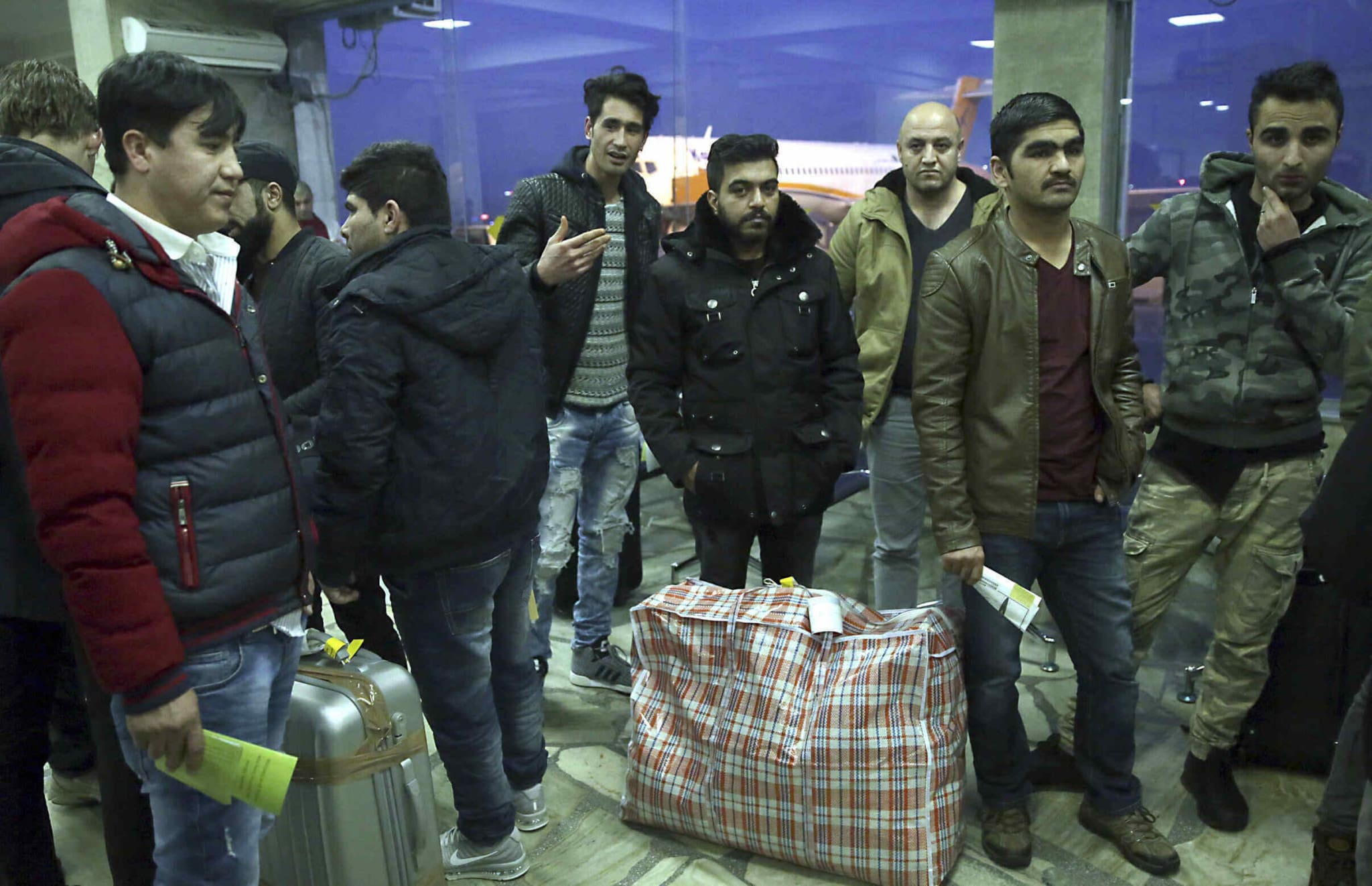After Iran, Pakistan, and the United Arab Emirates, Germany has the fourth-largest diaspora of Afghans in the world. According to official figures. More than a quarter of a million Afghans live there. The vast majority of them came during the migration crisis six years ago, and now, in connection with another expected exodus after the withdrawal of NATO troops from Afghanistan, Germany has evaluated whether it succeeded in integrating the Afghans into society.
“For many scientists and politicians, language skills plus jobs minus crime equals integration. That’s not enough. Do we need a person who successfully establishes a company here, speaks well, does not have a police record when at the same time he forces his six-year-old daughter to wear a headscarf, treats his wife badly, and considers the majority of society as unbelievers?“ asks Ahmad Mansour, an Israeli Arab living in Germany who focuses on Islamic extremism as a psychologist.
Afghans lag behind in basic aspects of integration, including the crime rate
However, crime statistics show that even in these basic aspects of integration, Afghans are lagging behind. Although most of them do not have problems with the law, there are proportionally more perpetrators of criminal acts, including the most serious ones, compared to the majority population.
Last year, 21,773 crimes were recorded from the Afghan community, including 94 murders and homicides. In the same year, German citizens were suspected of more than 1.3 million crimes recorded. About 72 million German citizens have a crime rate of 1.8 percent. In the case of serious acts, it is 0.002 percent. In the case of Afghans, it is 7.8 percent and 0.03 percent, respectively.
One of the last cases was an attack on Saturday afternoon when a 29-year-old Afghan attacked a 58-year-old gardener in a park in the western part of Berlin. He talked to her for a moment, then suddenly pulled out a knife and stabbed her in the neck several times. He allegedly told police he didn’t like that she was working. A retired passerby rushed to help her, ending up with serious injuries as well. The attacker is accused of attempted murder and grievous bodily harm, and investigators do not rule out an Islamist motive.
One difficult aspect of German crime statistics is that migrants who have acquired German citizenship are counted as “German” citizens. In other words, if an Arab migrant obtains citizenship, he appears as a German if he commits a crime. For example, according to Berlin Interior Senator Andreas Geisel (SPD), a quarter of members of the infamous Arab criminal clans already have a German passport.
According to statistics from the Federal Labor Office published by the daily Die Welt, of the roughly 280,000 German Afghans, 69,000 have jobs, amounting to about one in four. However, in this regard, they do better than other major migrant groups, including Syrians.
Regarding language education, Afghans fall into the average, similar to that of Syrians and Iraqis. Only a third of Afghans enrolled in integration language courses achieve knowledge of German at level B1, a level for easy daily communication and understanding. Somalis and Eritreans tend to have the most language problems, while the success rate is between 70 and 80 percent for migrants from Ukraine, Bosnia, and India.
The number of Afghan immigrants has been rising recently
Afghans have come to Europe and especially to Germany to a greater extent only over the last decade. While in 2010 there were 50,000 of them living in Germany, now there are over 272,000 registered in the country. The vast majority of them came in 2015 and 2016. They were mostly young men without a residence permit and the right to international protection.
In recent years, the number of new arrivals has not been so high, yet last year alone, the authorities recorded the arrival of another 10,000 Afghans.
This year, 10,000 had already arrived in July, which are often Afghans who have been rejected in another European countries, or recognized asylum seekers who are moving for financial reasons to Germany.
The 4,000 Afghans who the government transferred to Germany after the occupation of Kabul are expected to integrate more easily and successfully into society due to previous cooperation. It will not be easy with some, however: the government already knows that at least 20 of them are known to the police for violent crimes and links to terrorism.
Title image: Afghans who were deported from Germany arrive at Kabul International Airport, Kabul, Afghanistan, Thursday, Dec. 15, 2016. A Kabul airport official says 34 Afghan asylum seekers returned home after being deported from Germany the previous day. (AP Photos/Massoud Hossaini)






